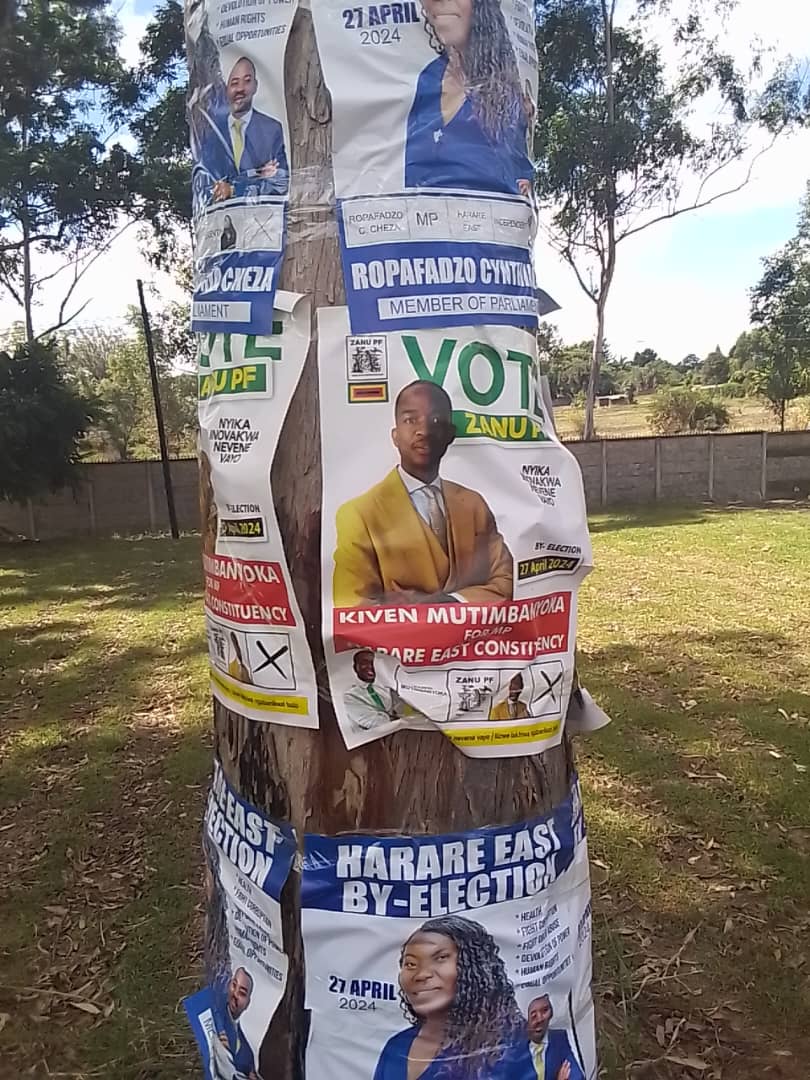Mutare losing 60 percent of Treated Water Down To Waste in Mutare City
Share
MUTARE-Mutare City Council is losing close to 60 percent of its treated water
owing to antiquated equipment which has resulted in the precious liquid going
to waste or being used without being paid for.
This has resulted in ratepayers being burdened with huge water bills to enable
the city fathers to meet the costs of water treatment chemicals on their monthly
rates. Most of these leakages due to ageing and vandalism born out of the
mushrooming of backyard horticultural gardens.
Speaking during a budget consultative meeting with civic society organisations
at townhouse recently, Senior Planning Officer, Engineer Brian Sango said the
cash strapped local authority needed to urgently address the issue of treated
water leakages across the city and such repairs on water pipes to be considered
for the 2024 annual budget.
"Non-revenue water has reached alarming levels. We are losing about 60
percent of our treated water as the local authority. However, of particular note is
the proliferation of backyard market gardening taking place in townships such
as Sakubva and Chisamba to be precise where people are making brisk business
growing yams and sugar cane using the non-billed water supply,” he said.
Turning to matter of burst pipes across the city, Sango said the local authority
has noted the need to purchase air reducing valves to ease pressure on the
ageing water pipes.
“There is need for consistent and continuous upgrading of water infrastructure,
because of financial challenges we are failing to do that. We are also calling on
residents to be responsible and protect the infrastructure that we have,” he
added.
While urban dwellers appear to have found a lifeline in backyard market
gardening, the country’s laws have stood in the way of such a survival strategy.
According to the Regional, Town and Country Planning Act and Environmental
Management Act, urban agriculture is responsible for environmental
degradation and other negative biodiversity challenges, apart from straining
local authority resources.






